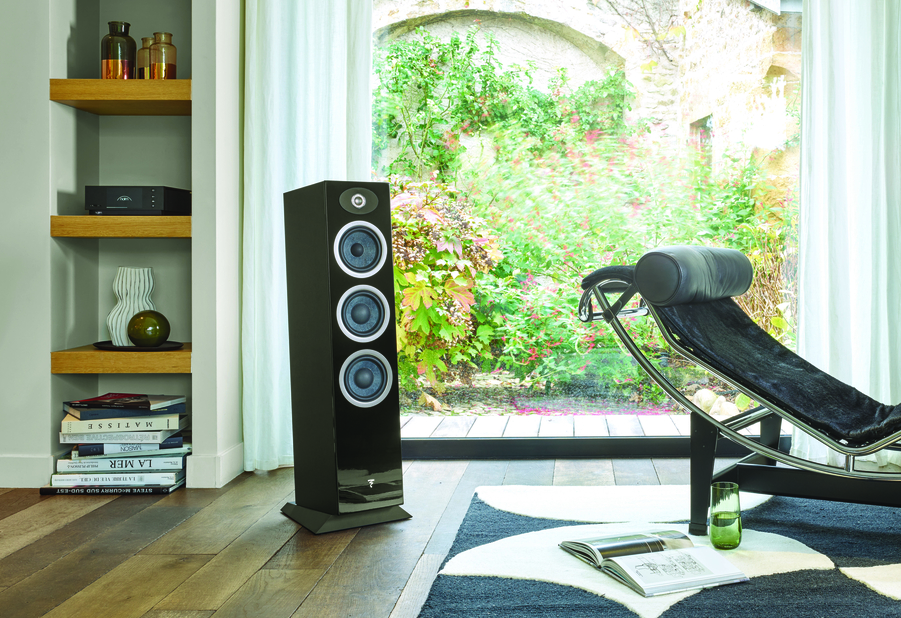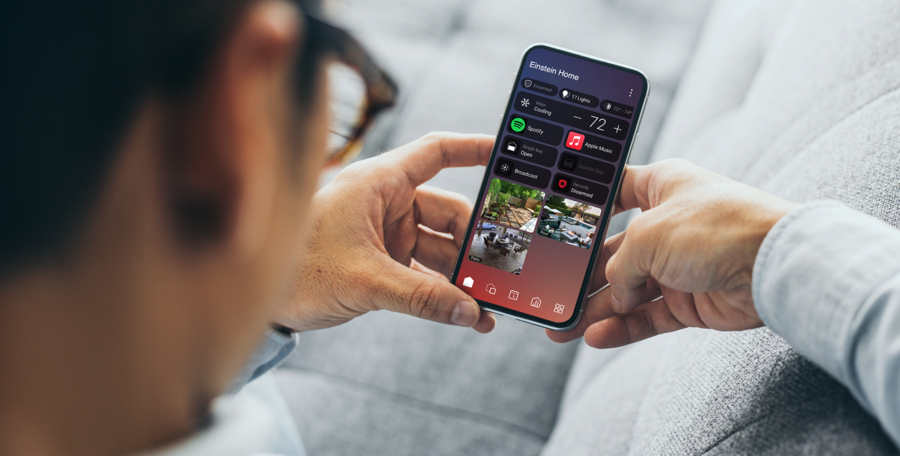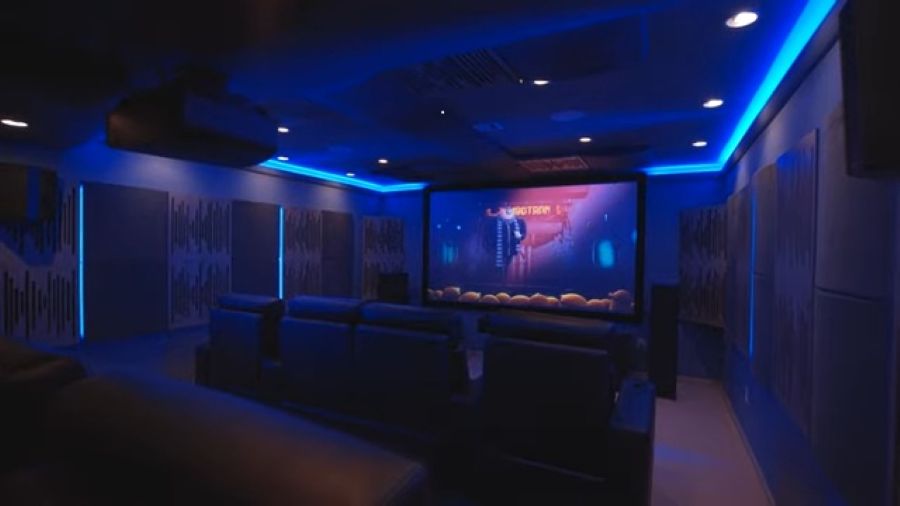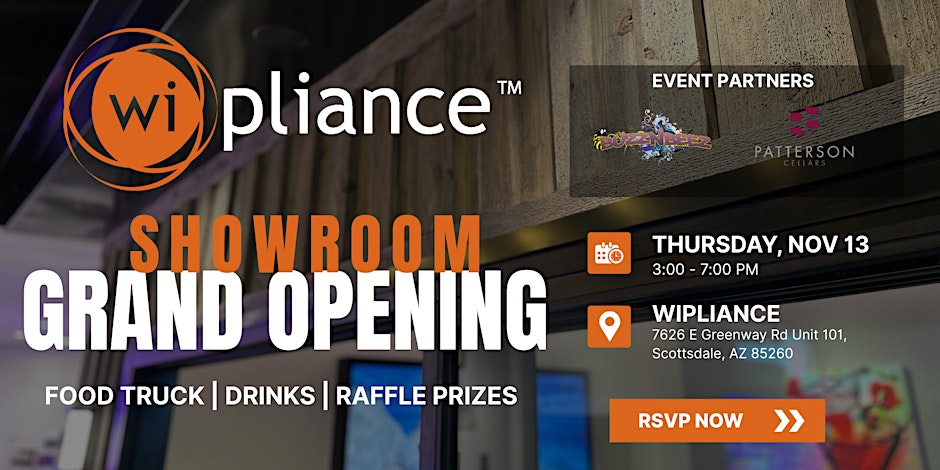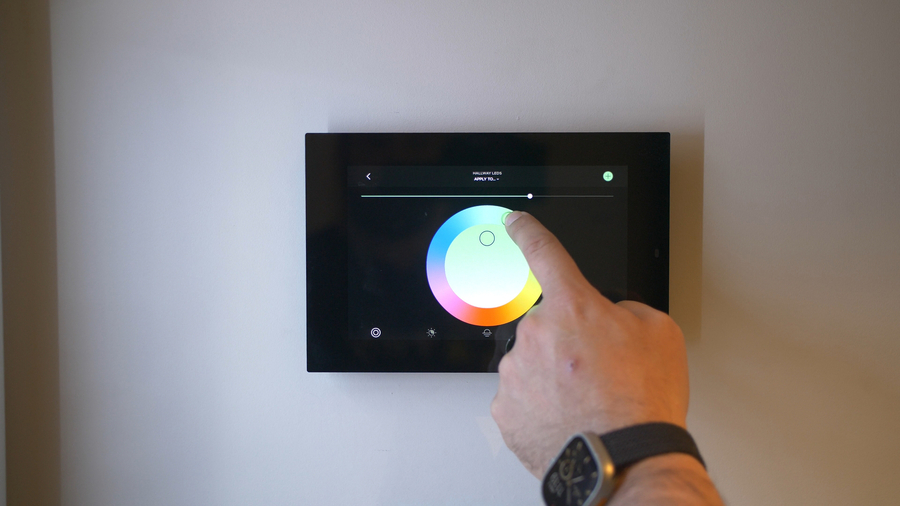
If you’re building or renovating your home and are interested in features like smart lighting or security, you may have been advised to work with a home automation contractor. But what exactly does a home automation contractor do?
Home automation is a relatively new industry that’s only expanding as solutions like multi-room audio and lighting control grow in demand. A home automation company has experience installing and integrating technologies into a centralized control system that simplifies everyday life.
If it’s your first time delving into smart home technology, here’s what you can expect when you partner with a home automation contractor like our team at Wipliance in Kirkland, WA.
SEE ALSO: 5 Areas of Your House Improved by Lighting Design
The Role of a Home Automation Contractor
A home automation contractor’s primary goal is to seamlessly integrate various technologies into one easy-to-control system. Here's a breakdown of their key responsibilities:
1. In-Depth Consultation and Needs Assessment
It all begins with a comprehensive consultation. A skilled home automation contractor will take the time to understand your lifestyle, preferences, and pain points. They will ask questions about your daily routines, security concerns, entertainment desires, and energy-saving goals. This thorough needs assessment is the foundation upon which they'll design a tailored automation solution.
2. Customized System Design
Once they've gathered all the necessary information, the contractor will design a bespoke home automation system that aligns with your unique requirements. This involves selecting the right mix of smart devices and technology solutions, including:
- Lighting Control: Smart lighting solutions that allow you to set the perfect ambiance, save energy, and enhance security.
- Climate Control: Smart thermostats that optimize heating and cooling for comfort and efficiency.
- Security Systems: Advanced security cameras, smart locks, and alarms for robust protection.
- Audio-Video Integration: Home theater systems, multi-room audio, and video distribution for entertainment.
- Voice and Touch Control: Systems that respond to your voice commands or smartphone apps.
- Automated Window Treatments: Motorized blinds and curtains for energy efficiency and privacy.
3. Installation and Integration
The installation process is where the magic happens. Your home automation contractor will meticulously install and configure each device, ensuring they are interconnected and accessible through a central control interface. This step requires a deep understanding of various technologies, protocols, and wiring techniques. Their goal is to make the technology invisible, allowing you to enjoy the benefits without the complexity.
4. Programming and Personalization
Your home automation system should cater to your specific needs and preferences. A skilled contractor will program the system to respond to your commands, schedules, and even adapt to your evolving lifestyle. Want the lights to dim and the music to start playing when you say, "Dinner time"? They can make it happen. The aim is to make your home respond intelligently to your needs.
5. Testing and Quality Assurance
A reliable home automation contractor won't leave your home until they are certain everything works flawlessly. Rigorous testing ensures that each device and system component performs as expected. This includes checking for any connectivity issues, software glitches, or hardware malfunctions.
6. Training and Support
Your contractor will provide comprehensive training on how to use and manage your home automation system. They'll be there to answer any questions and provide ongoing support, ensuring you're comfortable with your new technology.
Ready to Get Started?
Whether you're a busy professional, a tech enthusiast, or simply someone who values the finer things in life, a home automation contractor in Kirkland, WA, can help you realize the full potential of your home. Contact Wipliance, a certified home automation company, to discuss your home project today!

